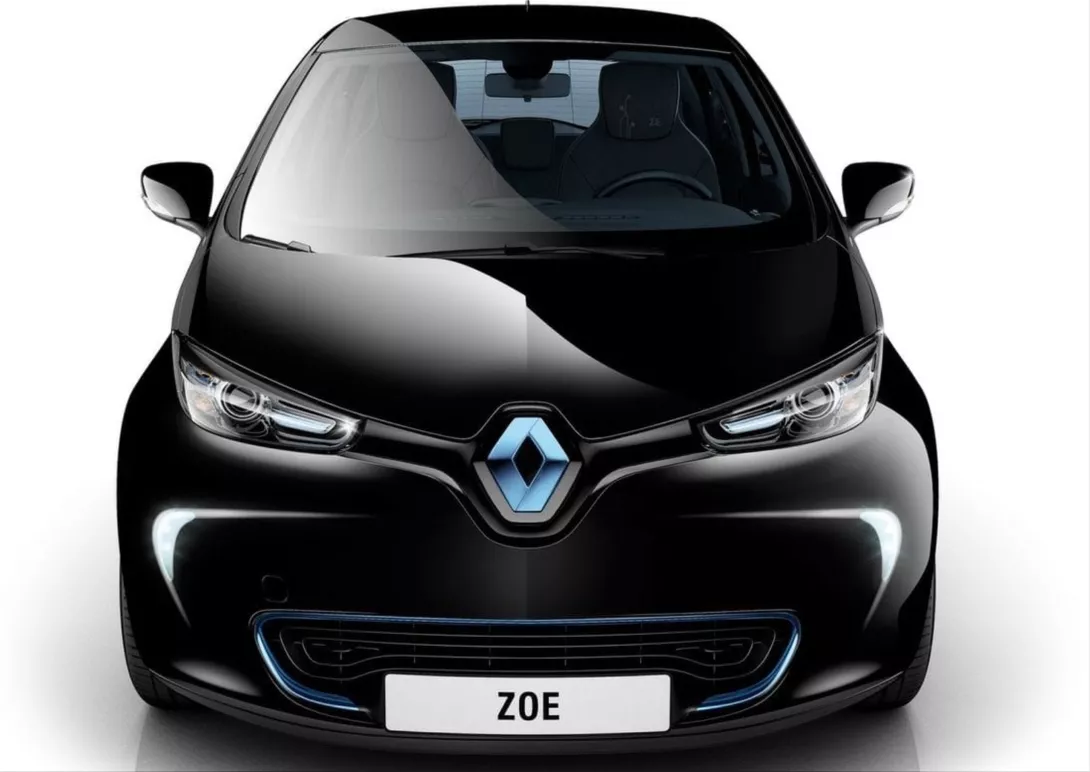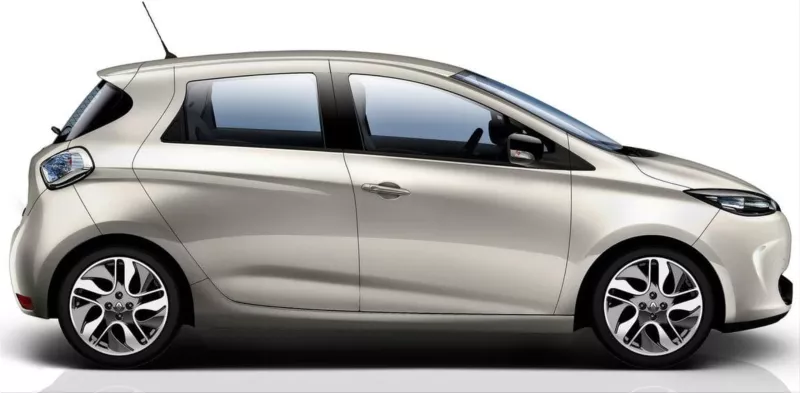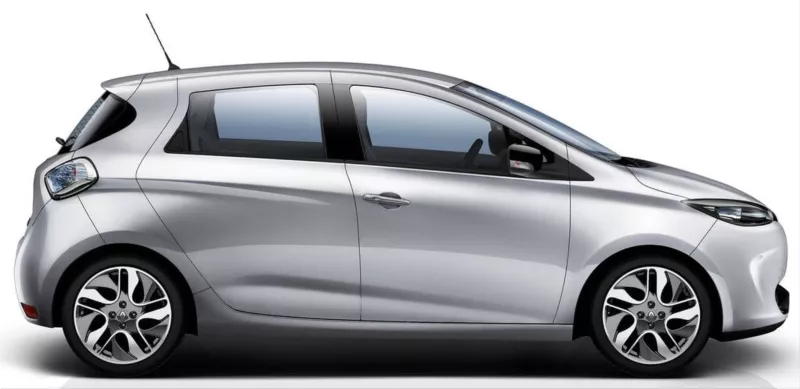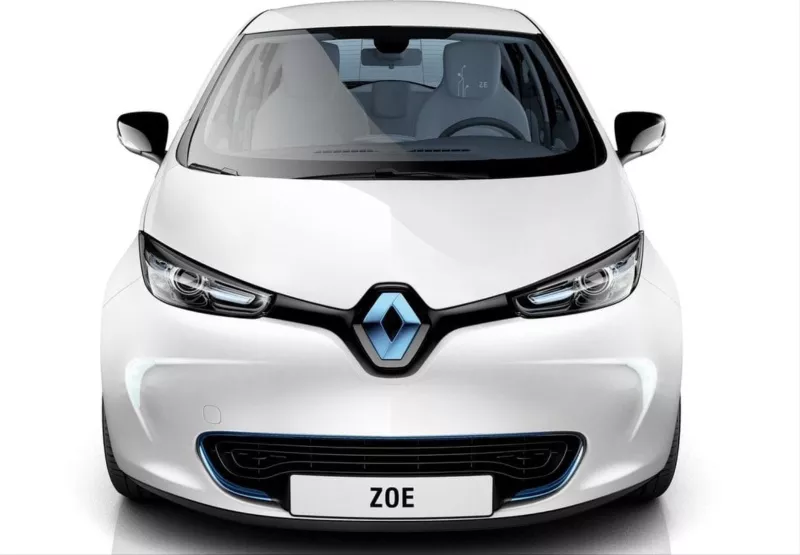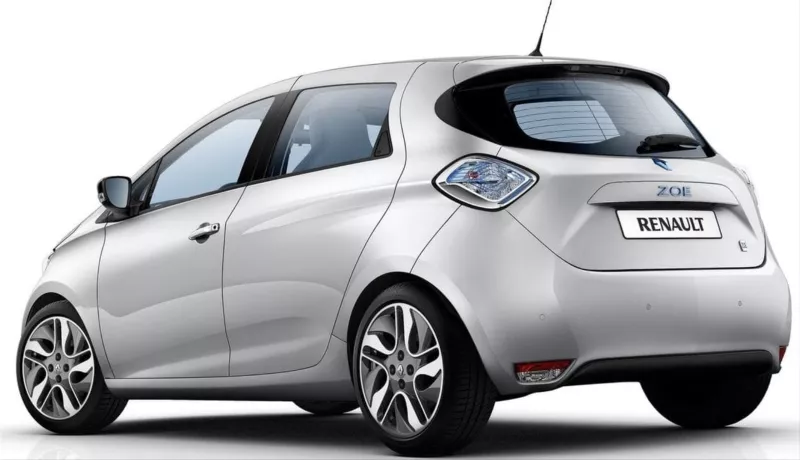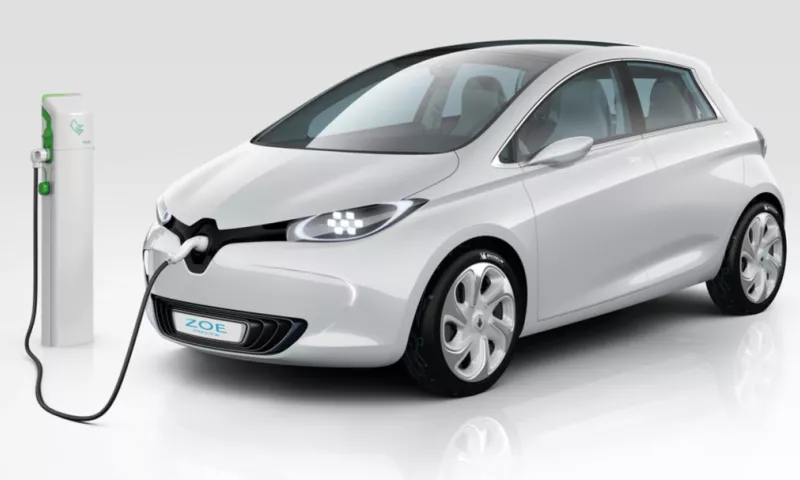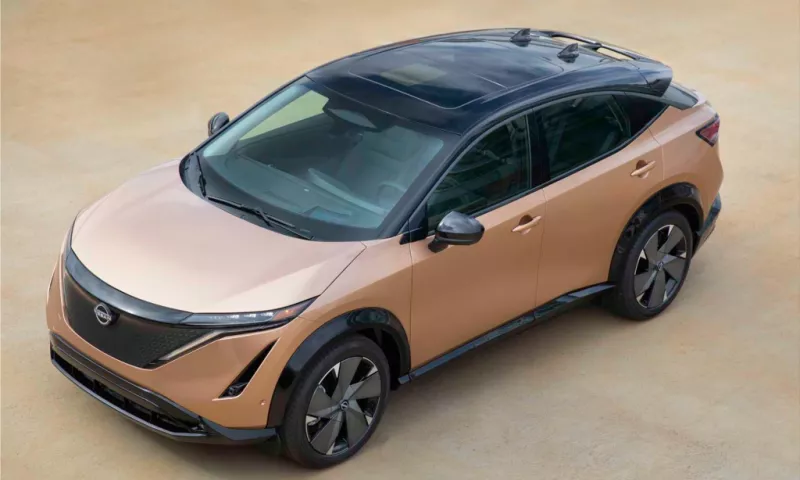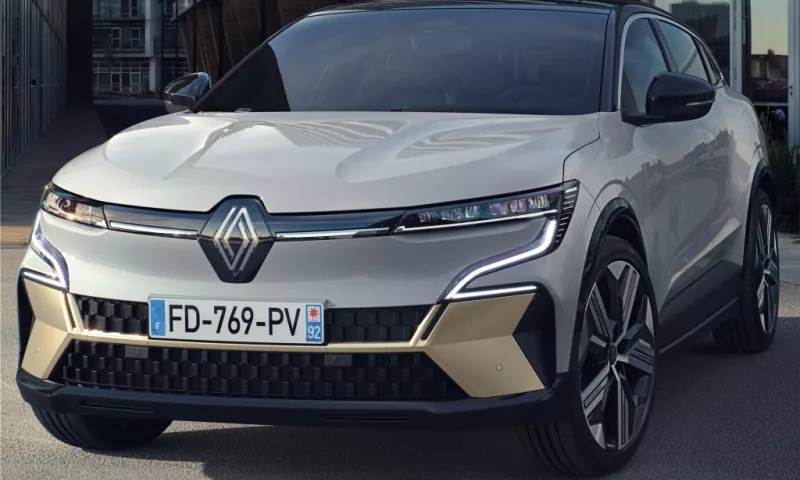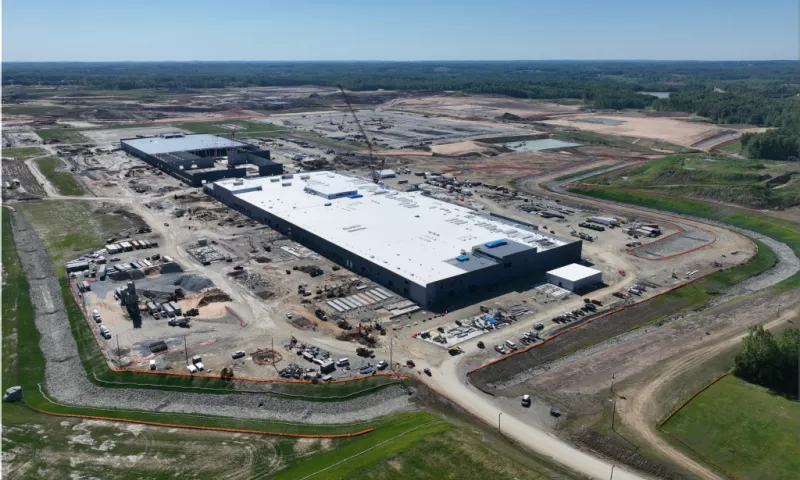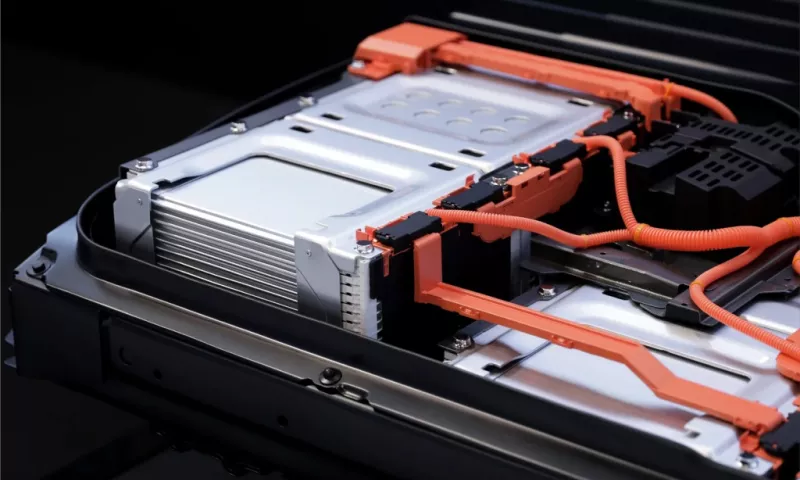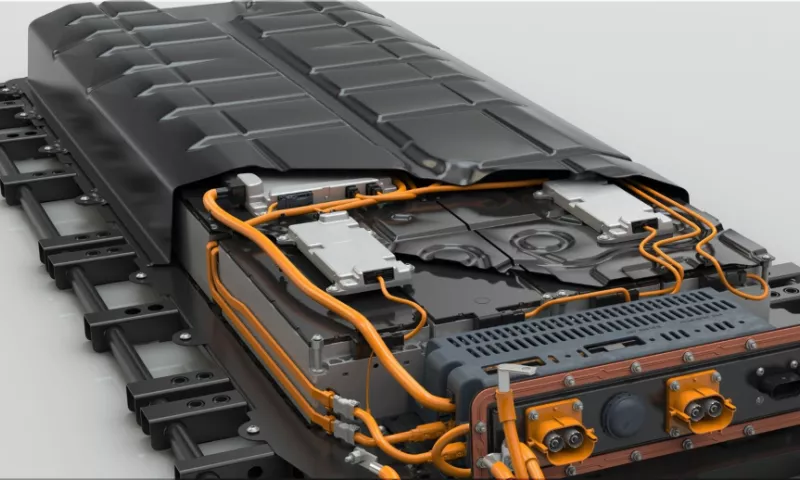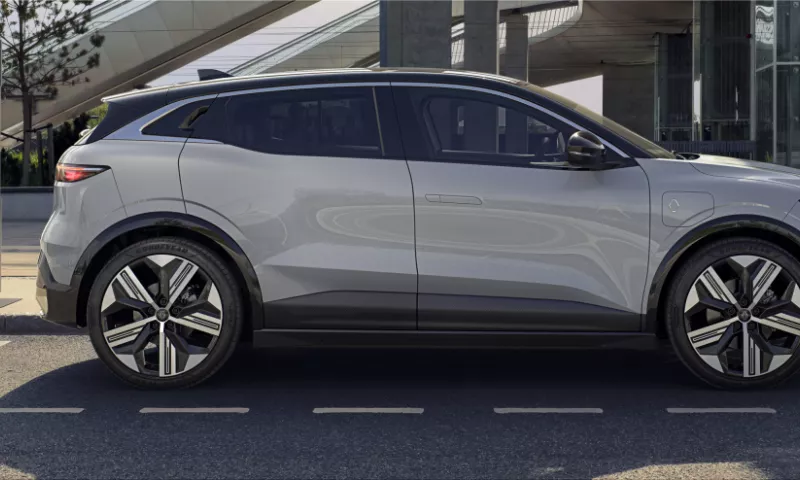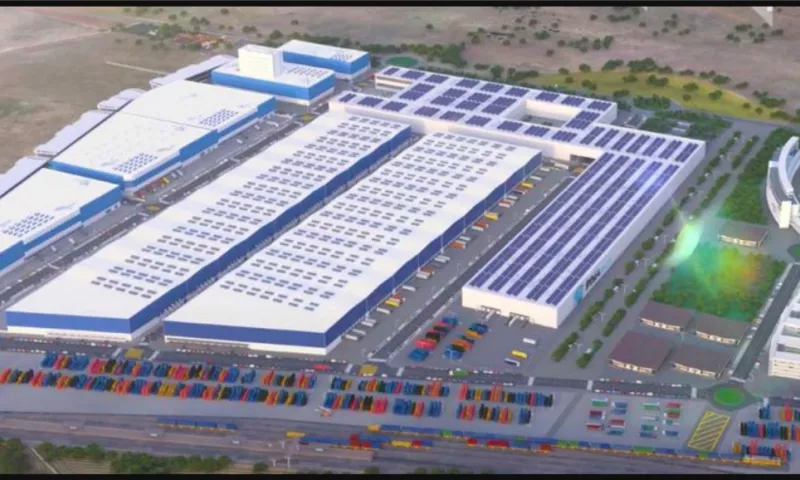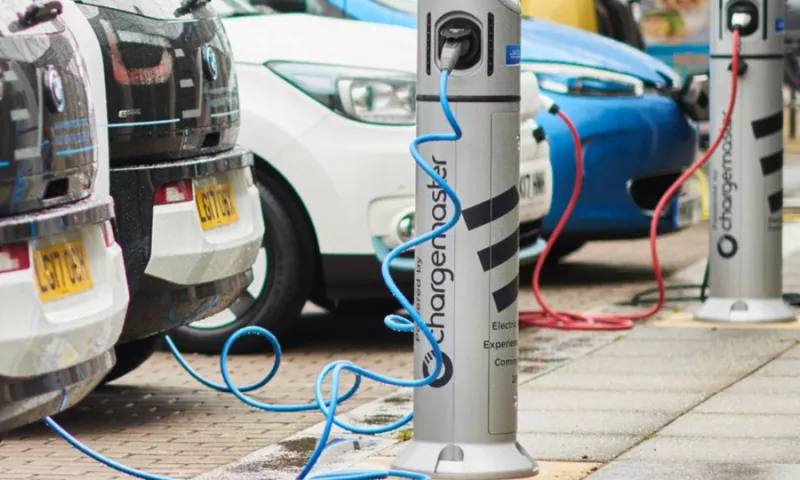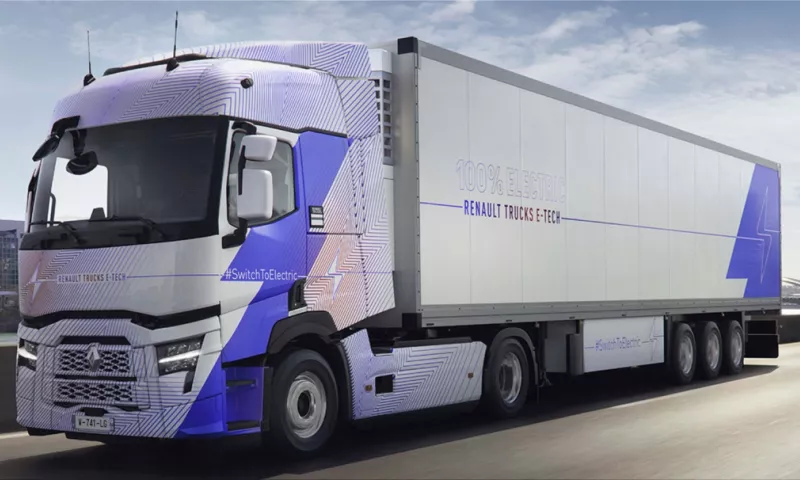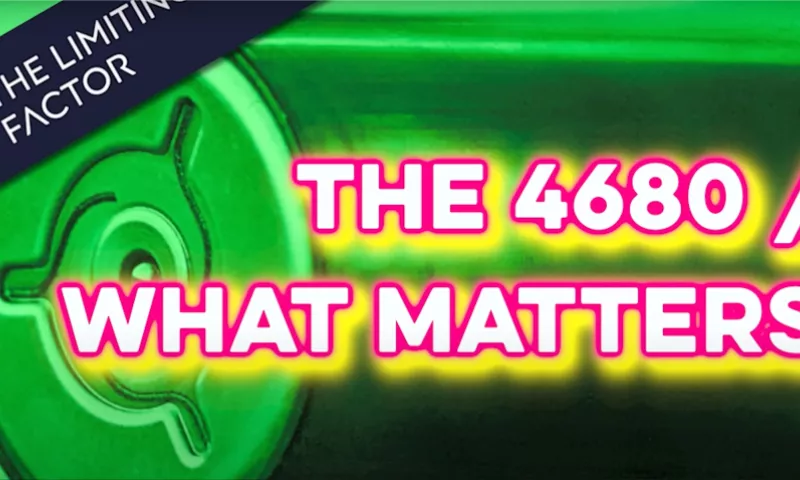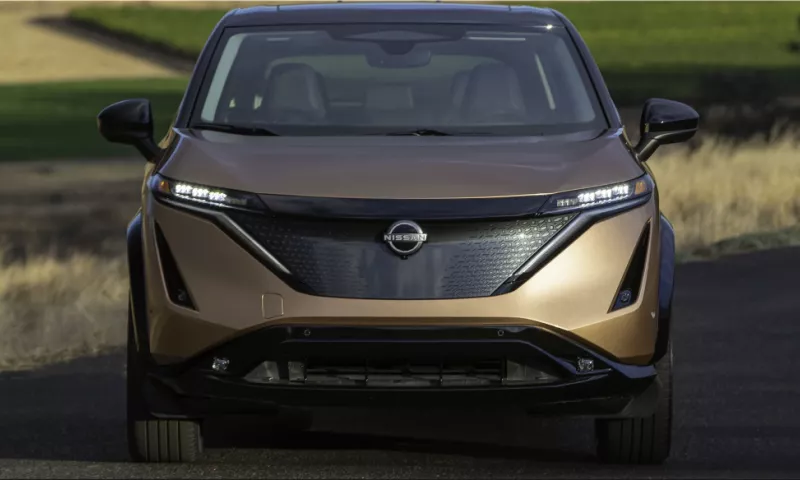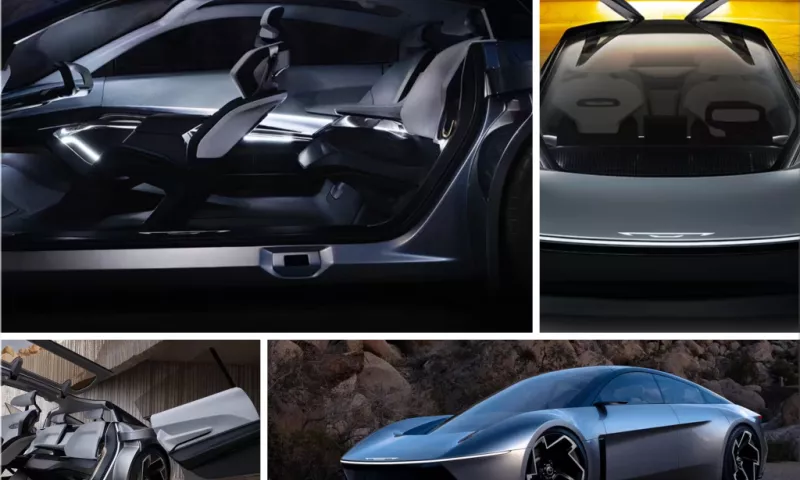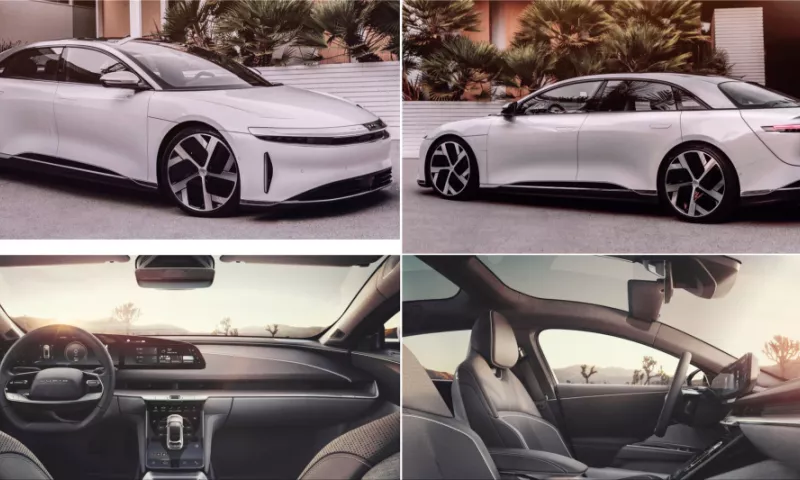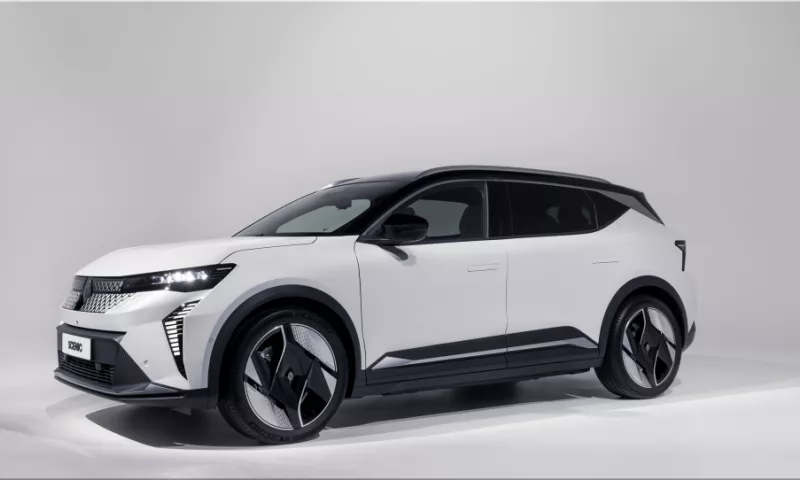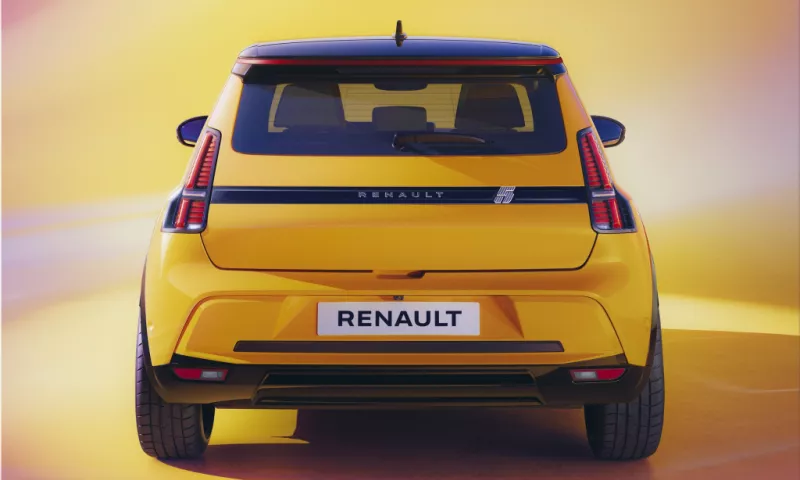The Renault Zoe city car has been one of the most popular electric cars in Europe for years. According to Renault, the electric car batteries have proven themselves in simple endurance tests: more than 99 % of all batteries used in the Renault ZOE since the market launch in 2013 are still fully functional and have at least 70 percent of the capacity. This applies to all battery types - from the 22 kWh battery pack in the first years of production to the current 52 kWh battery.
There used to be a concern that the traction batteries in electric cars would lose a lot of power at an early stage or even break down completely. This has not yet happened on a large scale, but some remain concerned about long-term durability. Renault, therefore, grants a guarantee of eight years or 160,000 kilometers on purchased batteries from the ZOE - there used to be a rental offer. In addition, the French manufacturer guaranteed a minimum capacity of 70 percent of the value when the electric vehicle was purchased over this period or the entire distance.

